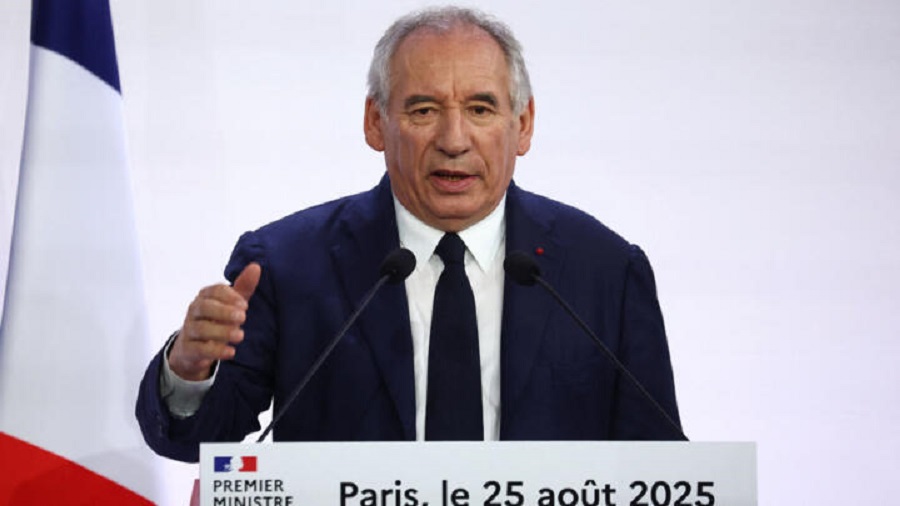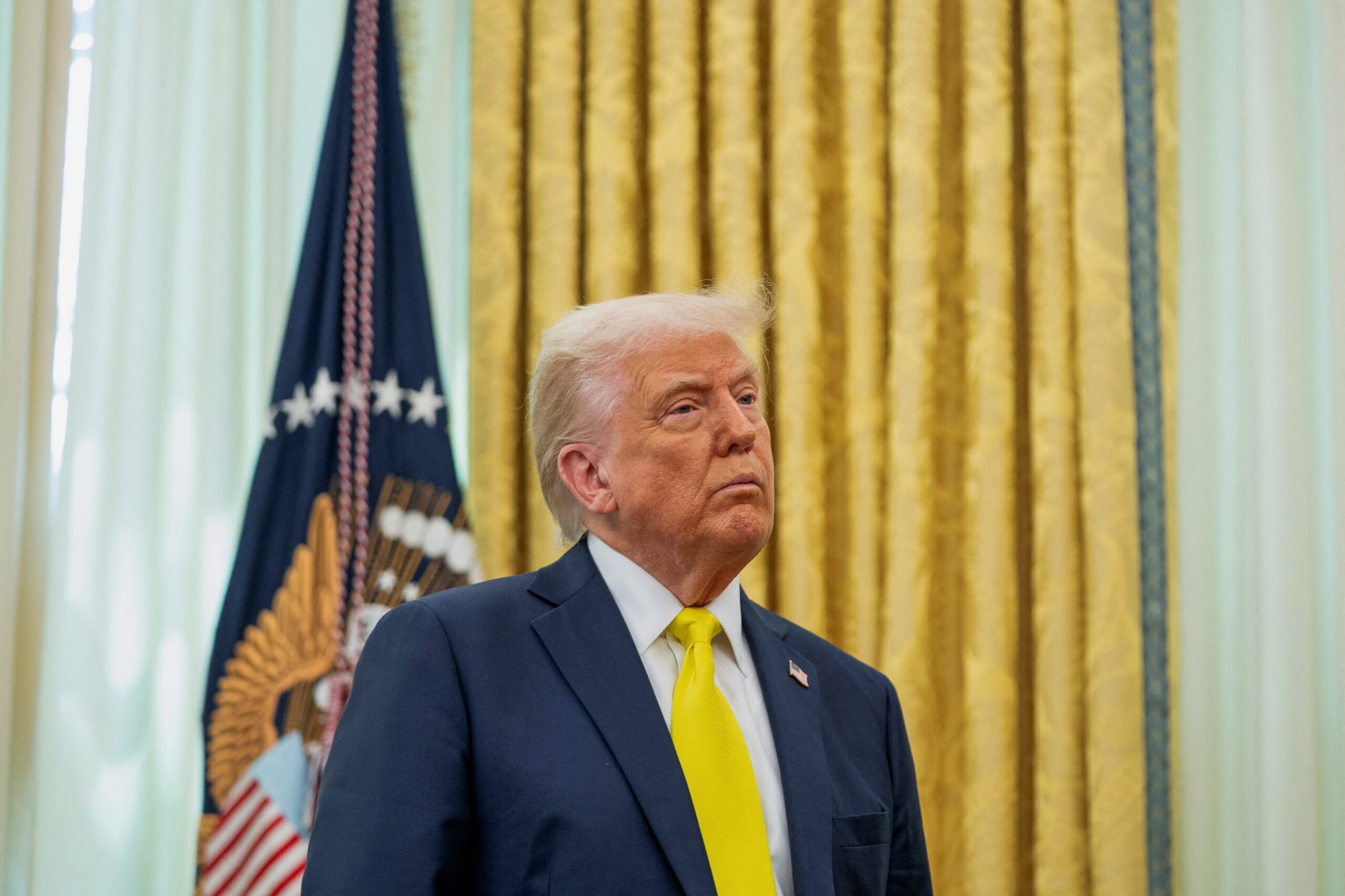France is once again at a political crossroads. Prime Minister François Bayrou, who leads a minority government, has announced a confidence vote scheduled for September 8, hoping to rally support for his ambitious and controversial budget-cutting plans. But the political winds are not blowing in his favor.
In a rare show of unity, three key opposition parties — the far-right Rassemblement National (RN), the Greens, and the Socialists — have declared they will not back Bayrou in the vote. This collective opposition casts a long shadow over his government’s future.
A Nation on Edge
The stakes are high. If Bayrou loses the vote in the National Assembly, his government will collapse — a scenario that’s rattling financial markets and stirring political uncertainty. France’s risk premium on bonds rose to the highest level since mid-June, while the CAC-40 index dipped 1.6%, showing how political instability is shaking investor confidence.
President Emmanuel Macron now finds himself in a familiar bind. After losing his previous Prime Minister Michel Barnier to a no-confidence vote in late 2024, Macron must now weigh whether to appoint a new leader, allow Bayrou to head a caretaker government, or take the bold step of calling another snap election.
Bayrou’s Gamble
At a press conference, Bayrou admitted that seeking confidence from a fragmented parliament is a gamble — but one he believes necessary. “Yes, it’s risky, but it’s even riskier not to do anything,” he said, pointing to France’s growing public debt, which hit 5.8% of GDP last year — nearly double the EU limit.
His proposed austerity measures are dramatic: scrapping two public holidays, freezing welfare spending, and locking 2026 tax brackets at 2025 levels, without adjusting for inflation. Critics argue these cuts target the vulnerable, and even Bayrou admitted some proposals might need tweaking.
Still, the confidence vote isn’t about the budget itself — that decision comes later this year. Rather, it’s about whether Bayrou has the political legitimacy to continue leading France through its economic storm.
Rising Tensions, Looming Protests
Far-right leader Jordan Bardella claimed Bayrou had already declared “the end of his government,” while Marine Le Pen reaffirmed the RN’s commitment to vote against him. The Greens and the radical-left La France Insoumise echoed that sentiment.
But the deciding factor may lie with the Socialists. Party leader Olivier Faure confirmed they too would not back Bayrou — potentially sealing his fate.
Just two days after the vote, nationwide protests are expected to erupt. Left-wing parties and unions are backing the September 10 demonstrations, which are being likened to the 2018 Yellow Vest movement — a powerful uprising sparked by rising living costs and economic frustration.
France stands at a tipping point. With its government hanging in the balance and civil unrest looming, the days ahead could define the country’s political and economic direction for years to come.




